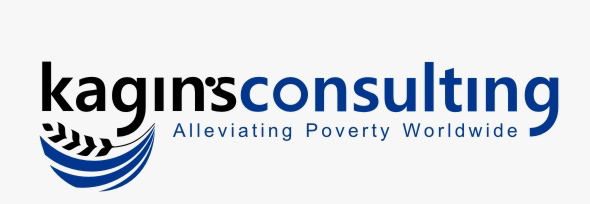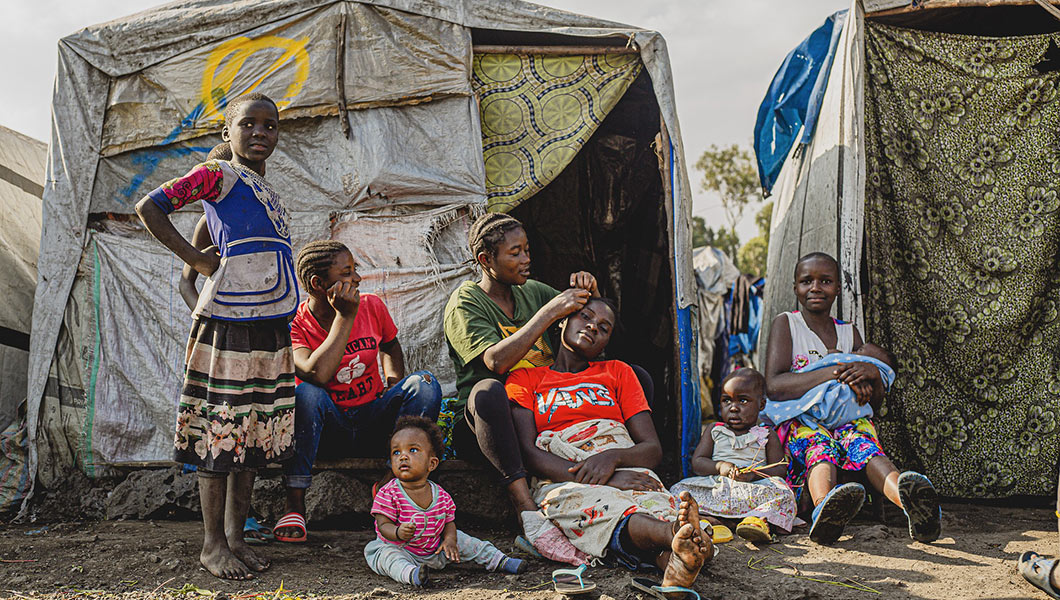The dynamic cost of inaction: impacts of WFP assistance shortfalls on food security outcomes
Partner Agency: World Food Programme (WFP) – Regional Bureau of Nairobi
Timeline: 2022 to Present
Project Summary: The project confronts the multifaceted humanitarian crises plaguing East Africa, where a variety of factors including climate variability, prolonged conflicts, population displacements, and economic instabilities have culminated in staggering levels of food insecurity, affecting over 82 million individuals by the close of 2022. Despite commendable efforts by the World Food Programme (WFP) to extend assistance to approximately 34.4 million beneficiaries across the region, the resources have failed to match the escalating needs, resulting in a widening gap of unmet requirements. This stark reality prompts critical questions regarding the short and long-term consequences and costs of Inaction for both those receiving aid and those left without support. As households grapple with unmet needs, there's a tangible risk of deteriorating food security status and adverse socio-economic outcomes, with vulnerable populations sliding deeper into poverty traps, compromising future prospects and exacerbating the cycle of deprivation. Moreover, studies indicate that the ramifications of unmet humanitarian needs extend beyond beneficiary households, as reduced consumption and productivity among the impoverished segment lead to ripple effects across local economies, stifling growth and exacerbating vulnerabilities in the broader community.
To address these urgent concerns, the study seeks to meticulously assess the impacts of food and cash transfer interventions on food security outcomes in two critical countries within the WFP Regional Bureau of Nairobi (RBN) region: Somalia and Uganda. Leveraging collaborative efforts between Kagin’s Consulting and the WFP, the research endeavors to employ micro-household econometric analysis and local economy-wide modeling techniques to illuminate the intricate dynamics at play, quantifying the effects of diverse shocks on households' welfare metrics. By delving into the nuanced interplay between humanitarian assistance and household well-being, the study aims to furnish evidence-based insights that can inform the design of more targeted and effective intervention strategies, poised to mitigate the debilitating effects of future crises and bolster resilience in vulnerable communities.

